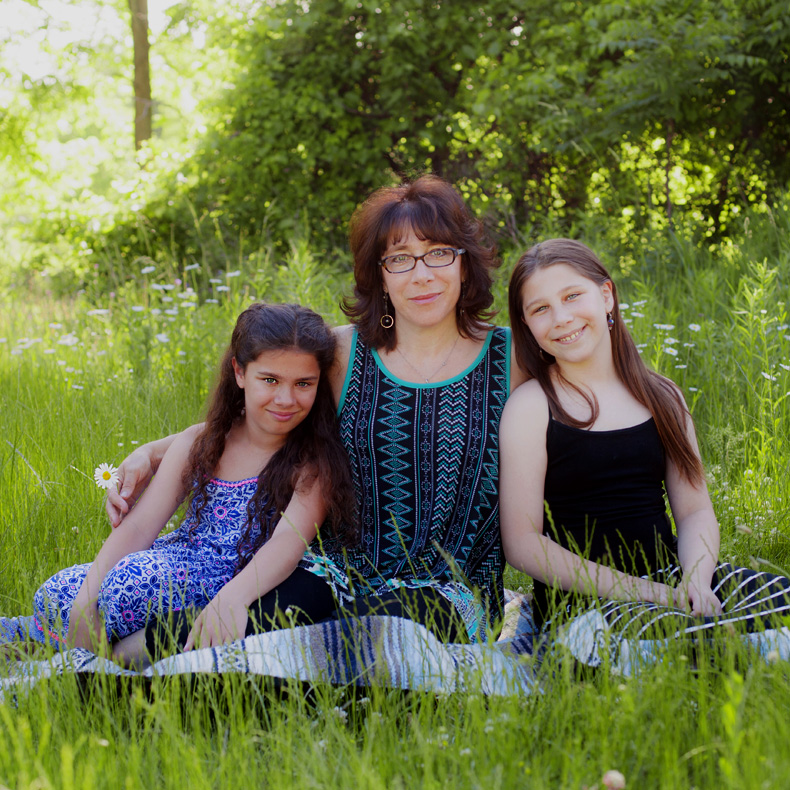
We are Lisa Marckini-Polk (Civic Research Services, Inc.) and Patricia Jessup (Jessup & Associates, LLC), Michigan-based evaluators who have collaboratively evaluated several environmental programs, primarily in K-12 education. Currently we are evaluating a three-year program that equips high school students in Detroit and Ypsilanti, Michigan to increase climate resilience in their communities. The populations in these communities are especially vulnerable due to conditions such as poverty, substantial elderly populations, and limited community resources.

The Great Lakes region may not experience hurricanes or massive wildfires, but other climate change-related concerns, such as increasingly erratic weather, average temperature increases, and heavy precipitation events are expected to become more frequent and intense. There is an urgent need to increase climate resilience.
This program provides professional development to increase teachers’ understanding of climate change specific to their communities. High school teachers and students partner with climate scientists, universities, and a local environment-focused non-profit to explore local impacts and resilience strategies. The program includes:
- Sending Americorps members into classrooms to provide fun, youth-oriented introductions to climate resilience and the potential of students to bring about change
- Increasing teacher knowledge about climate resilience strategies, place-based education pedagogy, and opportunities to partner with local environmental organizations, municipalities, and universities
- Creating peer networks for teachers
- Engaging students in creating neighborhood resilience plans and/or developing projects to improve community climate resilience
- Empowering students to share knowledge about local climate impacts and resilience needs
- Contributing to local municipal sustainability and climate action
Lessons Learned:
- Climate resilience is a long-term goal and demands a sustainable web connecting teachers, students, community residents, local municipalities, and their natural environment beyond the life of the program. As evaluators, we emphasize drawing on the strengths and capacities of all, building collaboration over extended periods of time, and using reflection opportunities to help partners think about opportunities for richer and deeper partnerships.
- In larger communities, finding a point of entry to connect with municipal partners is challenging for students and for adults, and past experience with bureaucracies may drive thinking about what is possible or desirable. We emphasize flexible and deliberate thinking over a period of years.
- High school students are often fearful about climate change and need positive opportunities and positive reinforcement to be open to discussing it.
- Students have limited educational foundation to help them understand the difference between collective actions (via public policy or municipal programming) and individual actions to address climate change.
Rad Resource: Check out the Great Lakes Stewardship Initiative, a statewide Michigan initiative to equip students to be stewards of the Great Lakes that the authors have evaluated for the past decade. The website includes case studies of K-12 place-based efforts across Michigan.
The American Evaluation Association is celebrating Environmental Program Evaluation TIG Week with our colleagues in the Environmental Program Evaluation Topical Interest Group. The contributions all this week to aea365 come from our EPE TIG members. Do you have questions, concerns, kudos, or content to extend this aea365 contribution? Please add them in the comments section for this post on the aea365 webpage so that we may enrich our community of practice. Would you like to submit an aea365 Tip? Please send a note of interest to aea365@eval.org. aea365 is sponsored by the American Evaluation Association and provides a Tip-a-Day by and for evaluators.

Such an intriguing initiative. Thank you for sharing!